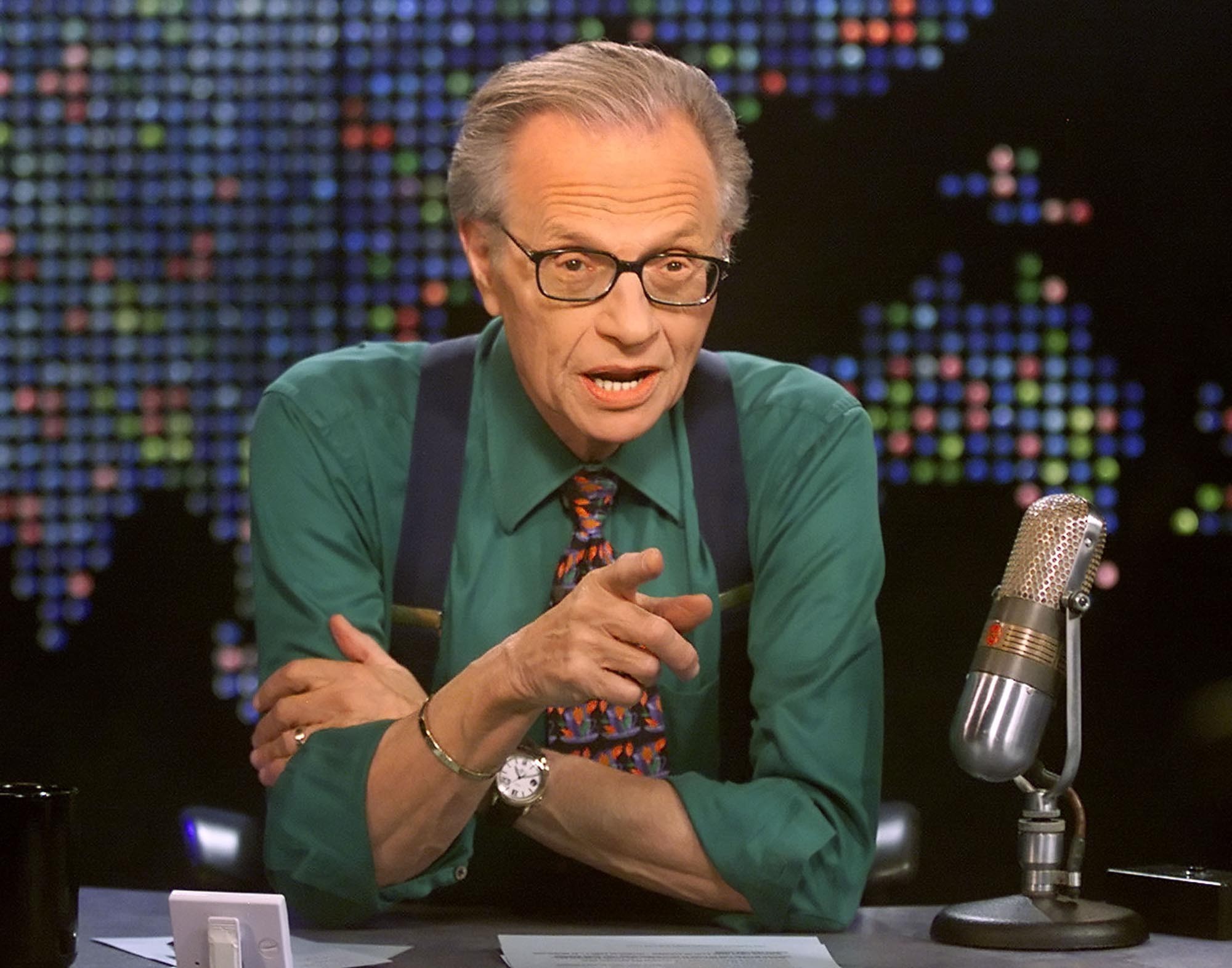Steve Dawson gives EXTRAORDINARY techniques on how to be a good interviewer.
5 tips that will be important during an interview:
- Ask open-ended questions.
When you ask your question make it a good one because you only get one chance. Try to make the interviewee think (make it a challenge for him/her). A yes or no answer isn’t good because you cant do anything with it.
2. Set the answer free.
Don’t set unnecessary parameters.
Questions that start with “What” or “How does it feel” are good starters. It will make the interviewee give a more in-depth answer.
3. Don’t interrupt
 Larry King always interrupted his guests because he felt that his show needed to be focused on him. But that is not the case, don’t interrupt your interviewees. Your interviewees are your guests and you should listen to them.
Larry King always interrupted his guests because he felt that his show needed to be focused on him. But that is not the case, don’t interrupt your interviewees. Your interviewees are your guests and you should listen to them.
4. Be a single shoot.
Don’t ask double-barrelled questions.
If you ask a question like: “What was the crowd yelling at you? How do you feel you played?”
80% of the time the first question will be forgotten. If the question is important, make sure to ask concise and key questions.
5. Listen to the answer.
Even if you recorded the answer or you have multiple people talking at once, try to focus on the interviewee.
If you asked Kevin Durant how it felt to play against Lebron James and he said:
“It felt great to play here in the finals, playing against my idol Lebron is amazing. He is probably my second favorite player of all time”.
After recording and hearing it, you then realize the key part “my SECOND favorite”. It is important to listen to the answer and ask follow up questions. In this case, the follow up would be “Who is your first?”
Reflection:
I was expecting that Steve Dawson was going to talk about his experiences with sports. But he told us something even more valuable which was helpful. It was interesting to hear his interview experiences with different athletes. Now I understand that doing an interview is more than just talking to a person. And that several things are going on behind the line.
SAND: To do an interview takes a lot of skills.
SHORELINE: Steve Dawson’s journey to now is truly fascinating. Not only were the skills that he talked about valuable but his story was valuable, ‘the process is more important the ending’. He has traveled around the world for events and has talked to many athletes which is pretty cool.
SHIP: I understand that the journey to do something you love might be long but it will be worth it. An interview tip that is valuable: Be a professional, don’t be a fanboy.












 Larry King always interrupted his guests because he felt that his show needed to be focused on him. But that is not the case, don’t interrupt your interviewees. Your interviewees are your guests and you should listen to them.
Larry King always interrupted his guests because he felt that his show needed to be focused on him. But that is not the case, don’t interrupt your interviewees. Your interviewees are your guests and you should listen to them.